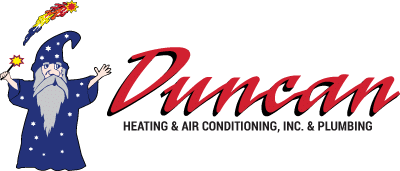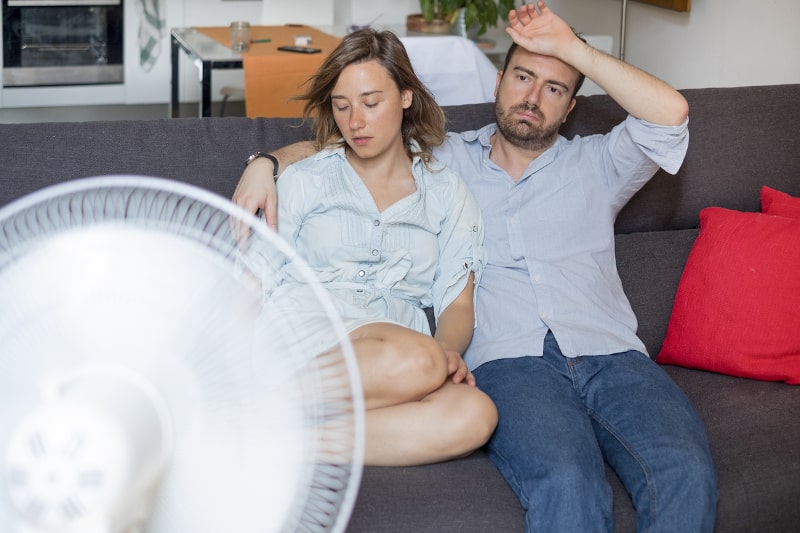Summers in Lubbock, TX, are hot, and one of the few ways to cool down is to turn on the AC unit and relax. Even if you invested in the latest air conditioning systems, your AC might not work efficiently as it did the year before. Let’s go over a few factors that impact AC efficiency.
Dirty Coils
Even energy-efficient AC units aren’t immune to getting dirty. Dirt and contaminant buildup on the evaporator coils make it harder to remove heat from the home. This causes the AC unit to work harder and use more energy, which increases your electric bill.
Lack of Maintenance
Your AC unit needs regular maintenance as one small issue will easily snowball into a much bigger problem. Maintaining the AC unit costs less than fixing a bigger issue or purchasing a new AC unit altogether. Be sure to schedule your yearly AC tune-up to keep it operating smoothly.
Poor Airflow
To move cooler air around your home, nothing must impede the flow of air. If your AC has poor airflow, then it will consume more energy and work harder. Things that cause poor airflow include a blocked condenser unit or even a dirty or clogged air filter.
Thermostat Settings
The temperature on your thermostat also affects your air conditioner’s efficiency. The lower you set the thermostat, the more overtaxed it will become, and it will use more energy. This is why the U.S. Department of Energy recommends keeping your home between 76 and 78 degrees — even if you’re impatient for your home to cool down.
If you’re concerned about the efficiency of your AC, especially during the hot summer months, then don’t wait. Contact Duncan Heating & Air Conditioning, Inc. & Plumbing to inquire about one of our maintenance agreements. Don’t go through summer worrying about your air conditioning.
Image provided by iStock



